NZ military ‘not in fit state’ for future challenges: report
NZ’s Defence Force is still designed for a ‘benign strategic environment’ rather than that of a region facing geopolitical challenges including an assertive China.
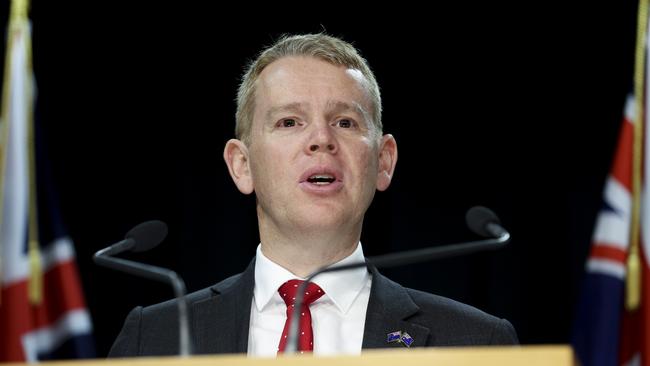
New Zealand’s military is beset with problems and “not in a fit state” to deal with future challenges, according to a damning defence assessment released on Friday.
Struggling with ageing equipment and difficulties in recruiting and retaining personnel, NZ’s 15,000-strong Defence Force is still designed for a “relatively benign strategic environment” rather than that of region facing geopolitical challenges, including an increasingly assertive China, the Defence Policy Review found.
Warning that defence needed greater investment to prepare for future operations, including armed conflict, the review said the “two principal challenges” the country faced were strategic competition and the impacts of climate change.
Coming amid growing speculation that New Zealand could join Pillar 2 of AUKUS, the review was blunt in its assessment of the threat posed by China, warning Beijing was intent on growing political, economic and security influence in the Pacific “at the expense of more traditional partners such as New Zealand and Australia.”
“An increasingly powerful China is using all its instruments of national power in ways that can pose challenges to existing international rules and norms,” the review said, adding that activities of “significant concern” would include the establishment of a “persistent military presence by a state that does not share New Zealand’s Pacific security interests and values.”
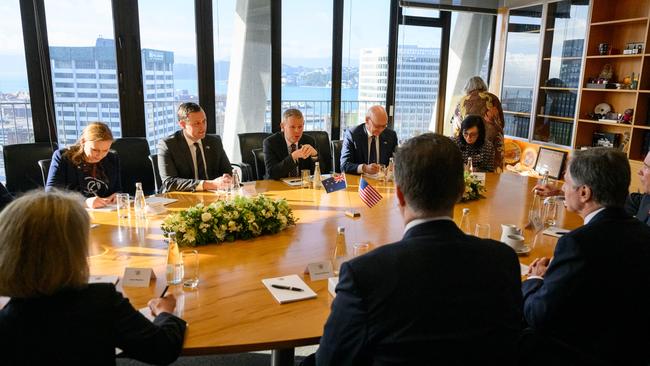
The country’s first National Security Strategy, released in tandem with the Defence review, lays out a roadmap for the Defence Force, including having a “combat-capable defence force”, tackling disinformation and economic security risks, strengthening security co-operation and ties in the broader Indo-Pacific region and maintaining the “global system of rules”.
Releasing the review and the strategy roadmap, Mr Hipkins admitted the country’s preparedness “needs to change.”.
“The domestic and international security environment has changed and our preparedness needs to change too — to be clear-eyed on risks and to put in place the right capabilities to be effective,” he said.
“These emerging threats do not require an entirely new foreign policy response.
“Our independent position, coupled with targeted investments and strengthened ties with partners and allies, puts us in a strong position to face the future.”
Defence Minister Andrew Little said New Zealand was “facing more geostrategic challenges than we have had in decades,” and needed to work toward a “secure, sovereign, resilient New Zealand and region”.
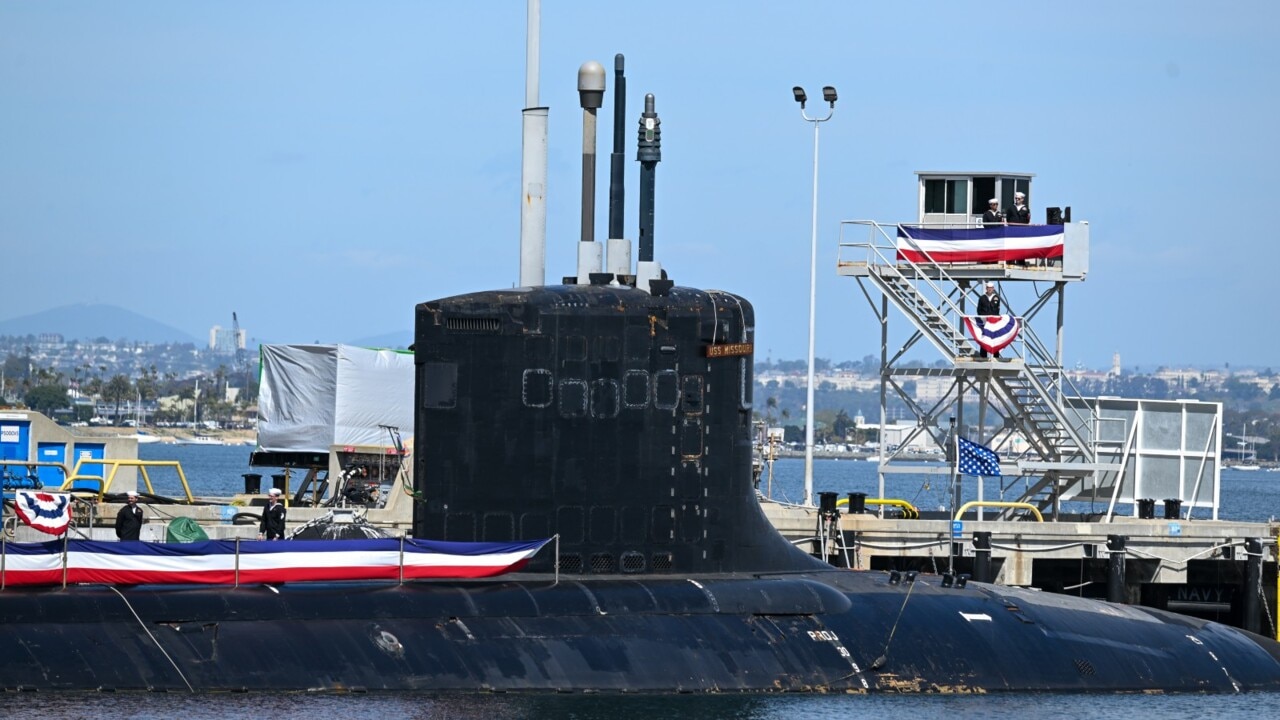
He said a key focus would include enhancing NZ’s relationship with Australia and other Pacific nations.
“We will strengthen understanding in and of our region, including by amplifying Pacific voices in the world,” he said.
“We will enhance our many partnerships, particularly with our sole formal military ally, Australia, and the Pacific islands countries who are more family than just neighbours.
“And we will improve the effectiveness of our combat and other military capabilities.”
As well as its own defence, New Zealand is responsible for the defence of Tokelau, the Cook Islands and Niue.
China’s growing presence, which saw it sign a security pact with the Solomon Islands last year and a series of agreements in July which Prime Minister Manasseh Sogavare has refused to disclose, has fuelled concern in the US and Australia about Beijing’s ambitions, and prompted increased Western aid and engagement in the Pacific.
The review comes after Prime Minister Anthony Albanese and Mr Hipkins last week agreed to shore up relations with the Indo-Pacific, announcing a 10 year road map in which the two countries would play a more active role with the ‘family’ of island nations, in part to defend against China’s increasingly assertive push into the region.
US Secretary of State Antony Blinken also visited Wellington last week, where repeatedly stressed America’s commitment to the Pacific in order to maintain the rules based international order.


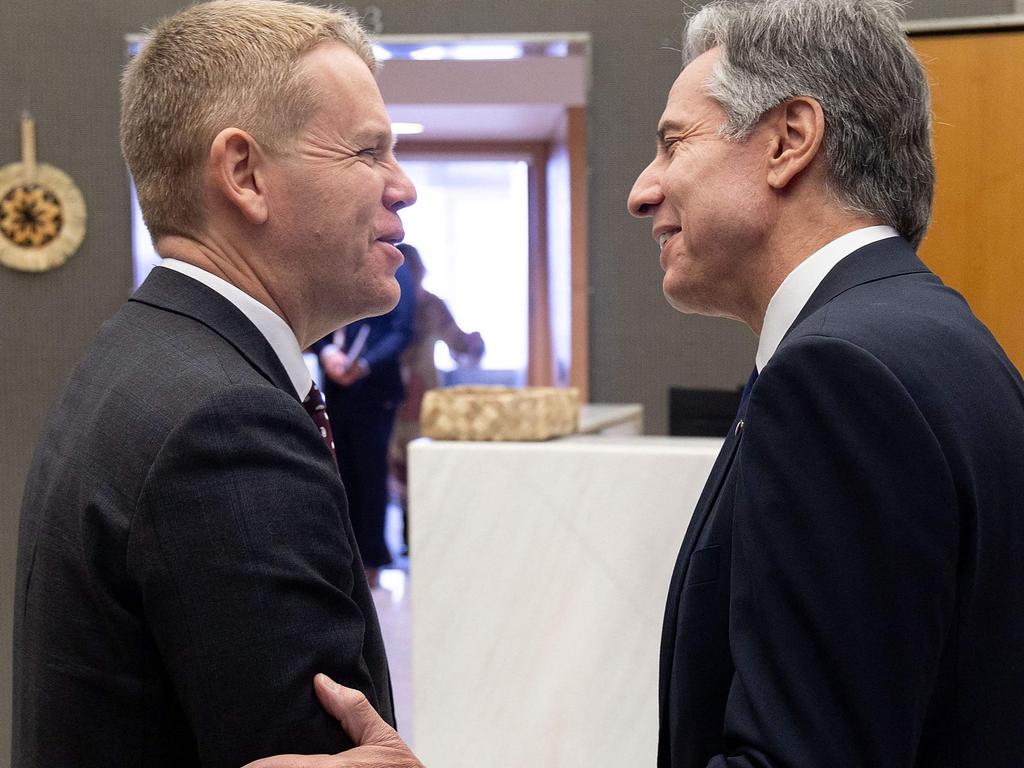
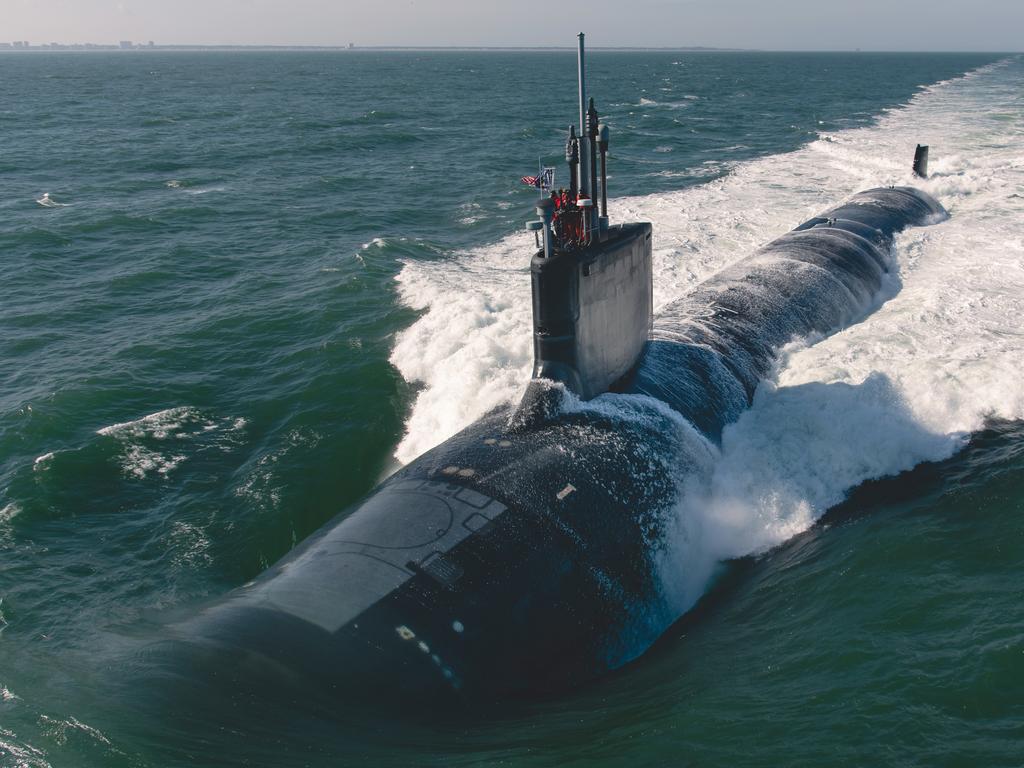
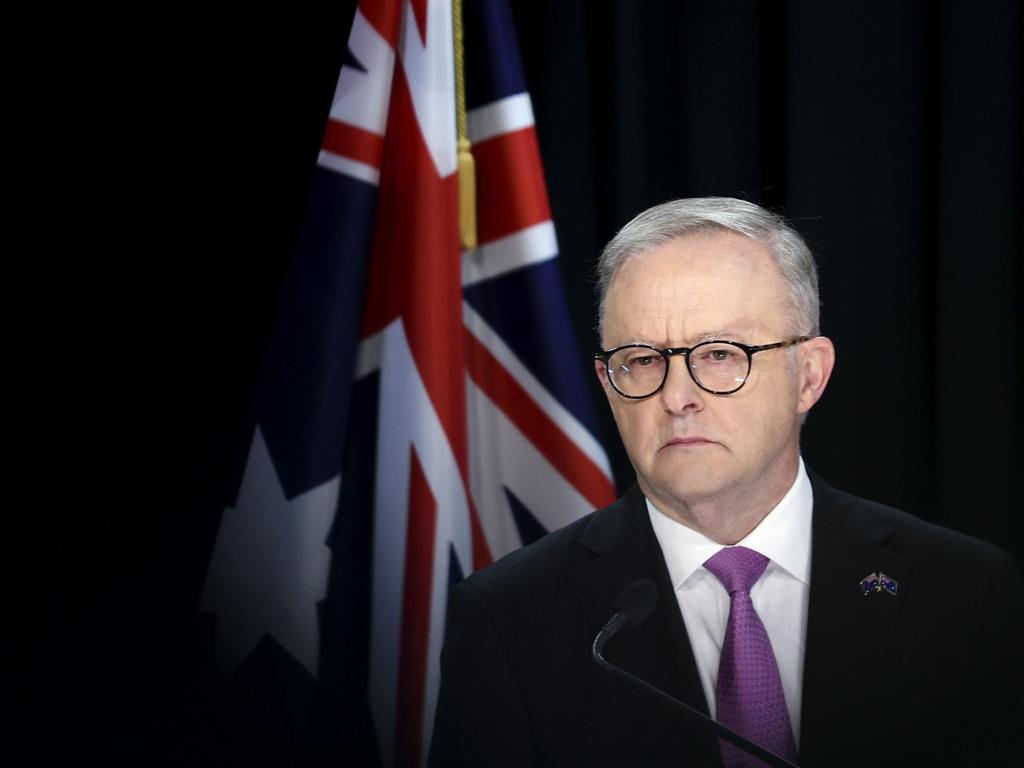
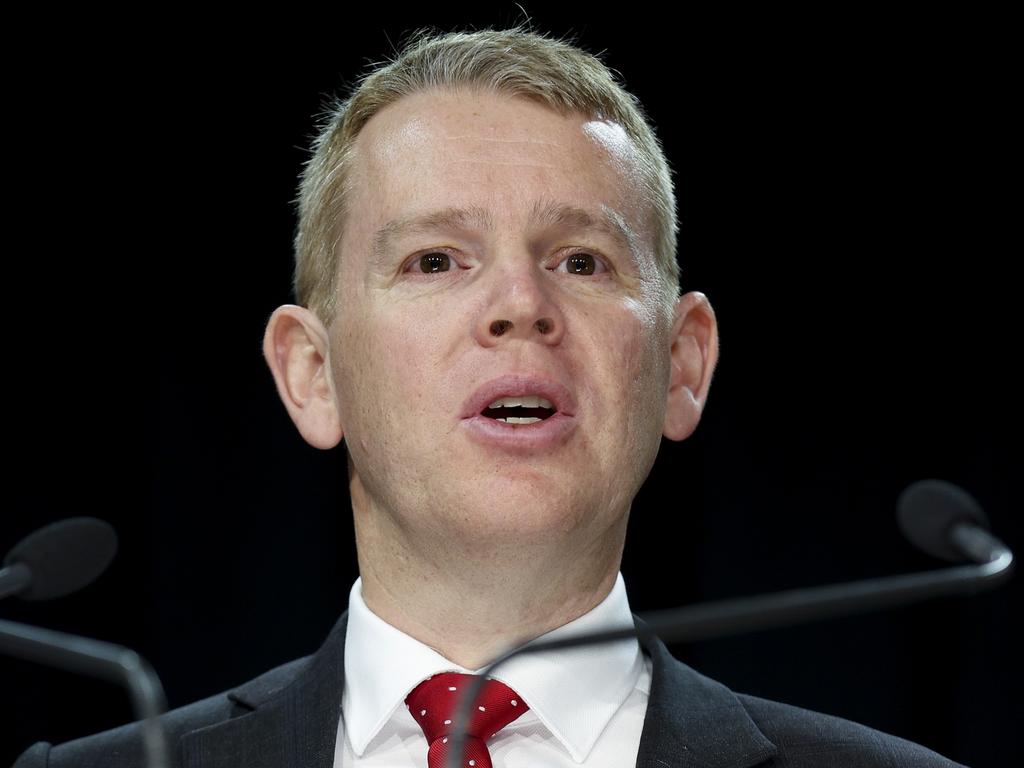
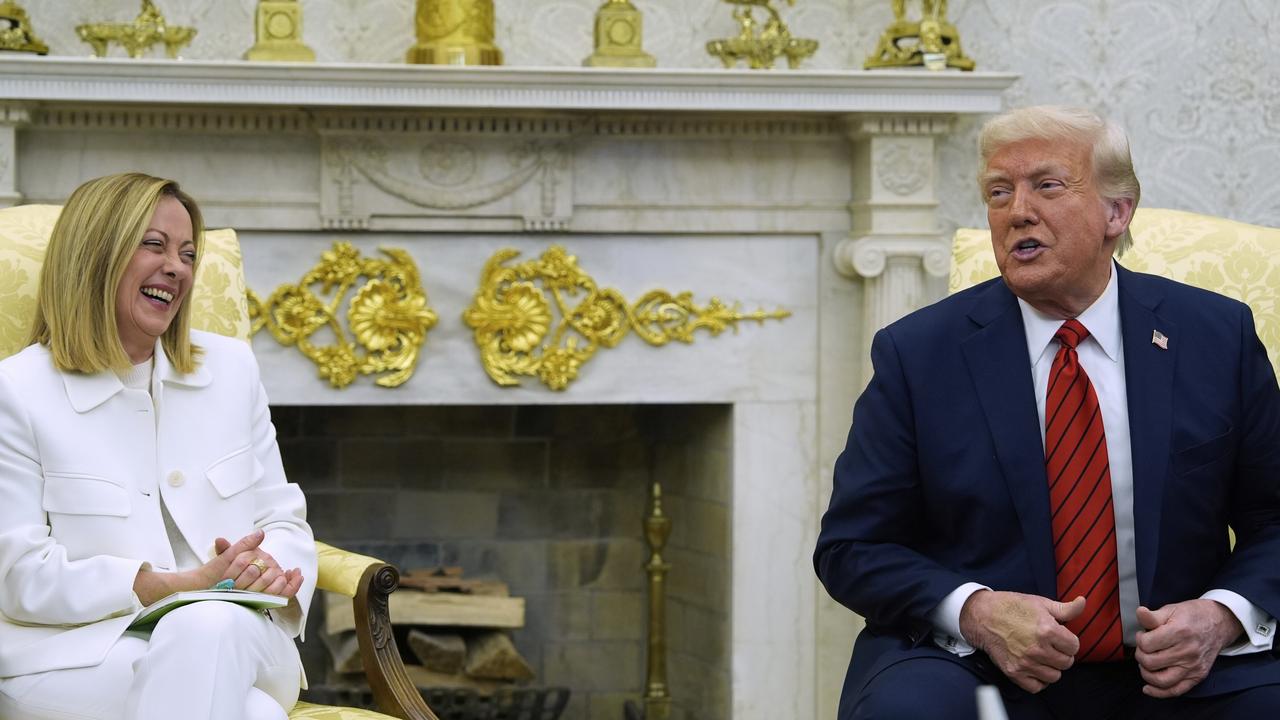

To join the conversation, please log in. Don't have an account? Register
Join the conversation, you are commenting as Logout